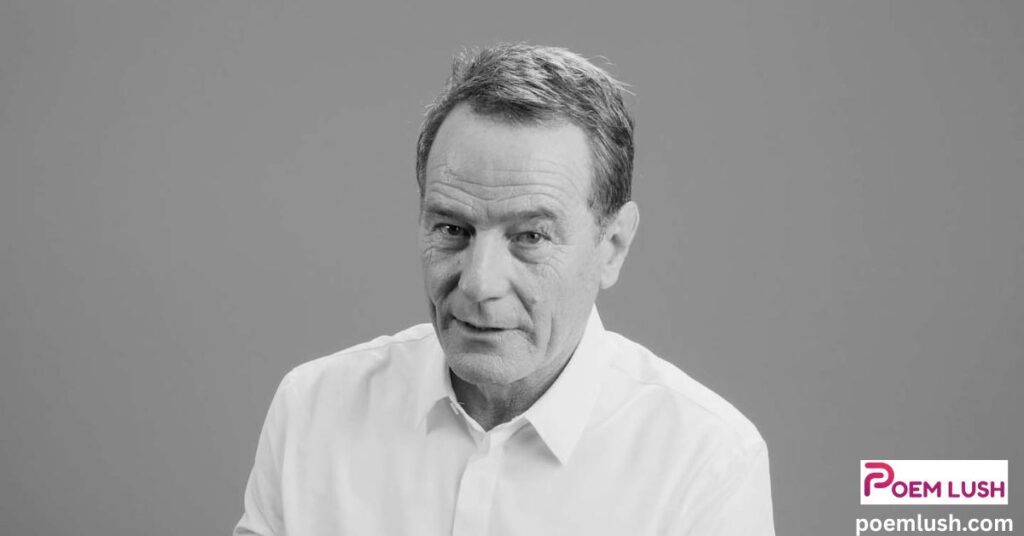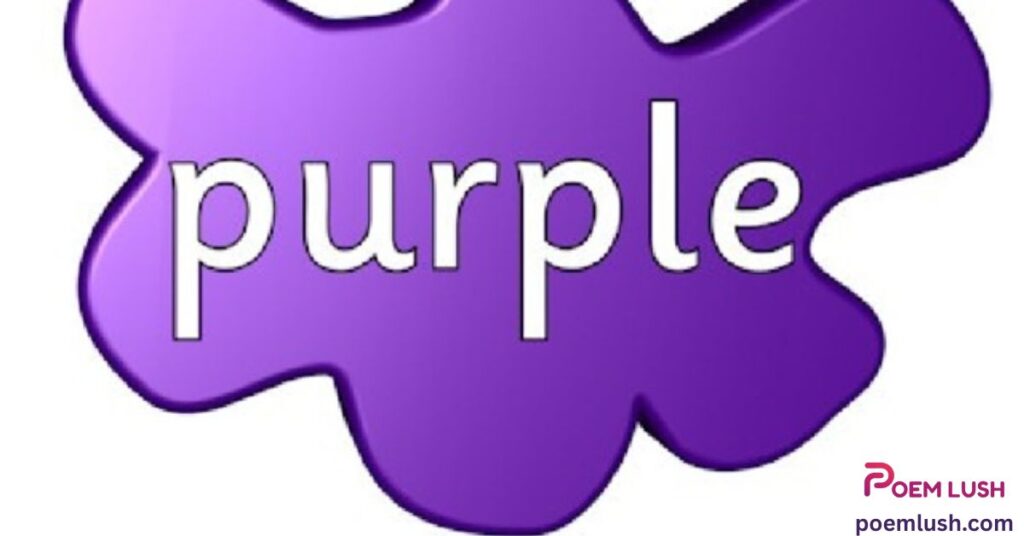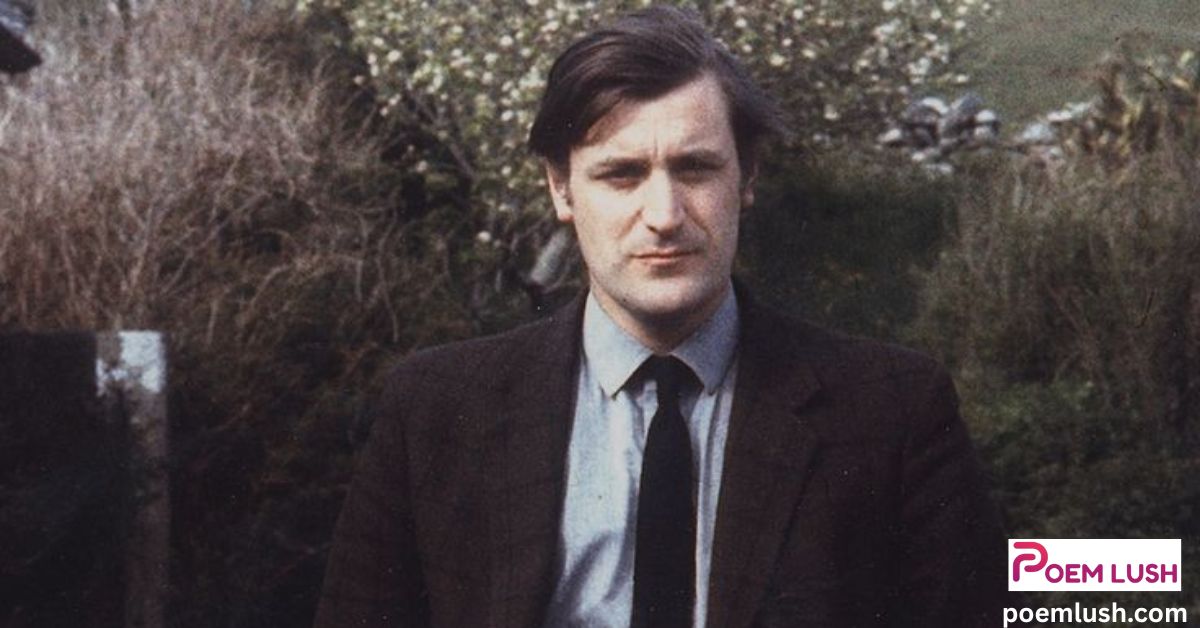Ted Hughes Poems Poetry is Plagiarism Welcome to Week 10 of Poetry is Plagiarism a creative experiment where poets reinterpret, reinvent, and pay homage to iconic voices through original works. This week, the featured muse was none other than Ted Hughes, a literary titan known for his visceral imagery, elemental energy, and haunting natural metaphors.
Each participating poet sought to echo Hughes’ primal tone, his brutal beauty, and the profound stillness that resides in his verse. Leading the pack this week is Corey’s poem “The Fox,” which secured the top spot in our Best Emulated category. Below is a showcase of all entries, ranked accordingly. Ted Hughes Poems Poetry is Plagiarism
“The Fox” by C.W. Bryan

The mountain fox takes the lead,
his wiry frame monolith-thin,
breaks the brush muzzle first
with the same sharp momentum
as a bayonet. He pares back April
to pad across the pinestraw,
prayer-quiet & practiced, like
so many Hail Marys before sunset.
The crickets wash their altar-boy
hands, signaling the end of a long march.
The fox comes to rest on the small swell
of a yellow-green knoll, the grass lapping
against the shore of his rusted fur. He does
not complain, the lacquered sides of his hull
hold stillness like bated breath, wet
with generations of culled harvests.
His broom-plumed tail cornices the small
mountain, hanging like a lapel on the
knotted shoulders of the world. Atlas
rubs his cheek against his swollen
biceps, and for a moment the fox dips
beneath the horizon line. Until returning
like answered prayers just to close his emerald
eyes, like so many winking fireflies.
Bryan’s “The Fox” is a stunning emulation of Hughes’ style feral, reverent, and steeped in the sacred relationship between predator and earth. The fox is more than an animal; he is myth, memory, and metaphor all at once. Ted Hughes Poems Poetry is Plagiarism
Persisting by C.W. Bryan
Where the mountain shears its excess wood,
Where the rock shores up to the summit,
On the feral edges of the commonwealth,
The coyote crouches
beneath a sliver of sun.
He is wrapped in his own mire of persisting,
His own becoming pulling his muscles into honey-hardened
Limbs. His ears twitch in recognition of the ending
Of the day or of the moment.
It is impossible to tell, there is no
Covenant in place, no deal to be made. It is easier
to persist than to become. The spring-new sprouts of once great
conifers confirms that thought, and the coyote begins
To move one sun-softened muscle.
See the strain! Say a prayer!
This poem expands the animalistic lore Hughes often favored, focusing on a coyote who is both symbol and survivor. Bryan delivers a meditation on effort, endurance, and evolution, all wrapped in a Hughesian landscape.
April by Sam Kilkenny
We sit late, watching for dawn on the horizon:
The sole arbiter of time’s passage.
I know the count of freckles on your face
Better than the minutes that have passed between us.
It is spring; the avian denizens revel in the company.
They serenade us from eclectic verandas
The ethereal veil of dawn gradually recedes and others come out to greet the day.
We heed the silent call, gracefully exiting stage left.
No drapes adorn the window in our bedroom.
I shield the intrusive sun with the curve of my shoulder blade.
You surrender to the embrace of slumber
As I trace the constellations of your freckles one last time.
With a more tender tone, “April” evokes the fragile, quiet moments that often get lost in Hughes’ wilderness but still carry the same weight of transformation and passing time.
The Golden Fleece by Sam Kilkenny
He cast his mind into the sea,
Where winds ushered him into the depths of obscurity,
Leaving the luminous black waters to swallow the shore behind him.
As the waves surged with increasing ferocity,
Moonlit reflections of cresting whitecaps
Mimic the hypnotic rotation of a distant lighthouse beacon,
Drawing him deeper into the fathomless depths.
He is the solitary sentinel of a forsaken crab trap,
Clutching onto the slender thread of hope that a vessel would return,
Navigating through a desolate, blackened landscape
Where the wind’s howl echoes like distant voices from the shore.
This piece plunges readers into a mythic sea voyage, echoing Hughes’ fascination with the ocean’s untamed power. The mood is both lonely and luminous.
The Four Pleasures by Sam Kilkenny
The first pleasure of spring
Resides in a child capturing their reflection in a placid puddle,
Launching forth for the first time,
With two lemon-covered feet into a splash.
The second pleasure of spring
Manifests as a bird returning with the morning’s repast
To a chorus of chirruping companions,
Their eyes still veiled by the embrace of slumber.
The third pleasure of spring
Unfolds beneath a verdant sky,
Each leaf a corbel on the caterpillar’s metamorphic domain,
The forest erupts in a kaleidoscope of blooms.
The fourth pleasure of spring
Resides in a casual remark concerning the garden,
Exchanged between seasoned confidants,
A vow to nurture and cherish one another
In the bracing, invigorating atmosphere of the season’s renewal.
Delicate and sensory-rich, this poem captures the essence of seasonal delight. While softer than Hughes’ usual force, its grounding in natural observation aligns with his poetic DNA.
Slowly Now, Then All at Once
by Sam Kilkenny (Expanded)
A warm, slow-moving afternoon
melts quietly into the wood,
slipping like syrup beneath the barn’s slanted shadow
long and tired, stretching across dry ground.
You sit watching, still as a painting.
A brush fire crackles softly at the field’s edge,
burning the seconds into smoke,
which lifts in curious spirals,
circular and wild,
hovering as if caught in memory
refusing to fade.
Rain teases the horizon,
rolling across the open field
like a veil of silver threads,
gently washing cattails in soft, sundry blues,
turning their fuzz to silk.
A cool wind follows close behind,
steady and humming with the scent of wet soil,
shaking drowsy birds loose from their feathered dreams.
“Geese!” you shout suddenly,
“Geese! Geese!”
as they fly overhead
a perfect pointed V
cutting cleanly through the softening sky.
The clock ticks louder now,
its hand a blade carving the afternoon thin.
The day begins to quicken,
time folding itself up
into tighter and tighter pleats,
and everything
even the dust
starts to move faster.
The smoke unspools one last time,
a ghost trail slipping into wind.
Still Life with Momentum
by C.W. Bryan (Expanded)
An umber chandelier of dying light
hangs heavy at the forest’s edge
where the road ends,
and a wild green shoal
spills out like an untamed flood,
smoothing itself around the ant’s tiny kingdom,
its Antioch built of sticks and instinct.
From a red hill, angry and raw,
a flood of ants pours down
not crawling but exiled,
thrust out like a fever from the earth’s bloodstream.
They swell like a tide,
feral and moon-bound,
a surge of living hunger.
Above, the mosquitoes sing their ancient anthem
a droning chorus of ache and want.
They cry out with thin, trembling voices,
adding their harmony
to the rhythm of motion.
Your eyes are carried
by the tide of movement
to the place where everything converges
horizon, sky, earth, and end.
There, a squirrel lies still.
Its body split like a book left open,
pages red and trembling.
The ants arrive,
and their anger dissolves into purpose.
No ceremony, no violence.
Only hunger.
Only work.
They disappear into the body
like steam back into air.
Try to paint it.
You can’t.
The motion betrays the brush.
Maybe only in abstraction
a line, a smear, a shape too raw to name.
Where limbs lie quiet,
anodyne jaws chew gently,
without thought or hatred.
Just the black line moving,
inward like shadow,
outward like the breath of winter.
Flowers bloom in the distance,
painted cities in softest purples,
gentle yellows
a lie, perhaps,
or mercy.
St. Bartholomew
by C.W. Bryan (Expanded)
Between the tall, solemn spires
of St. Bartholomew’s Cathedral
and the rusty, flaking roofs
of the nearby project buildings,
a pale breeze pushes forward boxed in by concrete,
choked from all sides,
yet still it moves,
determined.
The leaves spin and skitter
like coins dropped from heaven,
kicking up tired sand and
the forgotten rubble of old promises.
The sun begins its retreat,
bowing low and gold,
its heat softening into quiet light.
Everything stills.
The main thing now is the silence.
Thick. Heavy.
Like a held breath.
Then
at the last moment of hush,
at the fading edge of the day’s applause,
the sun unleashes its hidden menagerie.
A tiger emerges,
stalking slow and purposeful
across the church’s ancient roof tiles.
The orange of him so pure it burns,
so sharp it cuts
leaves the city breathless.
People don’t run,
don’t pray.
They fold into themselves
like paper beneath rain,
shivering under color too bold to bear.
Not fear.
Not reverence.
Just awe.
The orange could strangle the soft blue blood
right out of the sky.
And you would let it.
Construction
by Sam Kilkenny (Expanded)
Beneath the padded paws of barn cats,
and the thistle-bristled stalks of weeds,
the ground groans in protest.
Steel spades crash into the earth
each strike a scream,
a sudden burst of red clay
breaking open like a wound.
The dirt is wet with history,
blood-caked and clinging to shovels,
climbing the boots of those who dig
the chosen,
the cursed.
Every thud echoes rage,
a fist shaken at the sky,
a refusal to forget
what once stood here.
This is no mere construction.
It is a battle.
All day long, it wages on
metal and flesh
against root and memory.
At night, both sides surrender
to the hush of dark.
They lie in uneasy stillness,
splintered and scarred,
bruised beneath stars.
Under shadow’s cover,
wounded hands tend aching bodies,
dreaming of something softer
rain, perhaps.
Both pray for it.
Both fear it.
Purple or Not

by C.W. Bryan (Expanded)
We walk through the world
with eyes closed and boots loud.
We refuse to see,
to acknowledge
the pulse beneath our feet
the delicate, stubborn ecology
spinning around us.
We step over the last purple crocus
like it means nothing.
And maybe to us, it doesn’t.
Another step,
another crushed ant hill.
We drift sleepwalking
down to the riverbank,
sit with heavy limbs,
and hum to the water’s surface
as if we’re still children.
Beneath, fish stir,
uncaring of color or names.
They do not mourn the crocus.
Purple or not,
it means nothing to them.
The sun sets in twisted orange,
knotted like old ropes.
Your eyes lose their color,
fade to white or black
whatever the light allows.
The mayflies emerge,
lopsided and strange,
crooked prophets
marching toward death
in their best funeral clothes.
Their prayers rise with such force,
they fracture the old church bell,
already worn by December’s poisons.
The bell rings anyway,
a hollow gasp of metal
an echo of grief.
You forget the flower,
somewhere on the walk back.
Purple or not,
your heel finds it again,
presses it deep into the loam
where even forgotten things
still matter.
Conclusion
Ted Hughes was a poet who boldly confronted the raw truths of nature, human emotion, and creative identity. His provocative idea that “poetry is plagiarism” doesn’t suggest theft in the traditional sense but highlights how deeply interconnected all creative expression truly is. Hughes believed that poets draw inspiration from the voices of the past, the rhythms of nature, and the collective human experience absorbing, transforming, and reimagining these influences into something deeply personal and powerful.
FAQs
Did Ted Hughes really say “Poetry is Plagiarism”?
No, Ted Hughes is not directly quoted as saying “Poetry is Plagiarism.” However, the phrase reflects a broader literary idea that poets often borrow.
What does the phrase “Poetry is Plagiarism” mean in the context of Ted Hughes’ work?
In Hughes’ context, it reflects how poets naturally build upon the literary traditions that come before them. Hughes often incorporated themes from mythology,
Was Ted Hughes accused of plagiarism?
No, Ted Hughes was not formally accused of plagiarism. His poetic style was original, though influenced by various sources such as Shakespeare, ancient myths, and nature. His work is widely respected for its depth, power, and authenticity.
How did Ted Hughes approach inspiration and originality in poetry?
Ted Hughes believed in tapping into the primal energies of nature, myth, and the unconscious mind. He valued emotional truth and imaginative vision over purely original subject matter.
Can poetry still be original if it draws from other sources, like Hughes’ poems did?
Absolutely. Many great poets, including Hughes, demonstrate that originality lies in expression, interpretation, and voice.


